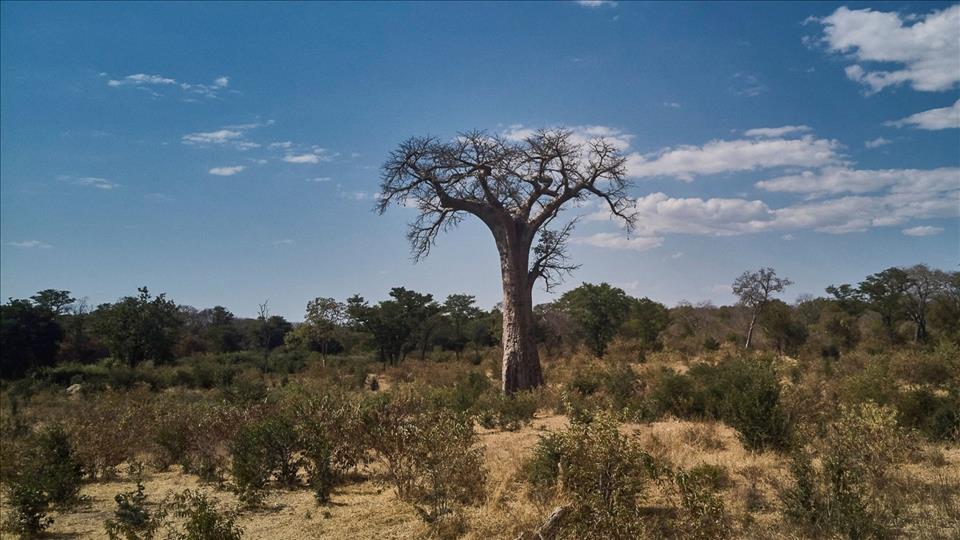
Swiss Carbon Offset Giant Pulls Plug On Zimbabwe Project Amid Allegations
- Share Facebook Twitter E-mail Print Copy link
Carbon offsets allow firms and individuals to compensate for the carbon emissions they create – through, for example, an airplane flight or a building project – by paying to pull carbon out of the air elsewhere. Voluntary offsets have developed into a billion-dollar global market.
South Pole said on Friday that it was not confident the Kariba REDD+ project - owned and developed by Carbon Green Investments (CGI) - met the standards it expected from its partners.
The Kariba REDD+ forest conservation project in northern Zimbabwe is one of the world's largest forest conservation projects. REDD stands for“Reducing emissions from deforestation and forest degradation in developing countries”.
“All activities related to carbon certification and carbon credits from the Kariba REDD+ project will now be the responsibility of CGI, and South Pole's role as the carbon asset developer has ended,” South Pole said in a statementExternal link on October 27. CGI did not immediately respond to a request for comment made by Reuters.
The major REDD+ project has been issued with around 36 million credits since 2011, all intended for removing carbon from the air by preserving the forest. A carbon credit represents a ton of climate-warming carbon dioxide or its equivalent either removed from the atmosphere or prevented from entering it in the first place.
South Pole said the carbon credits sold to date maintain their validity, irrespective of South Pole ending its contract with CGI.
The Swiss firm's sudden decision to terminate its partnership comes as the Kariba project and carbon offset schemes more generally have faced mounting criticism and difficulties regarding the integrity of the project and the carbon credits associated with it.
Last week the Washington, D.C.-based certification body Verra, the world's leading carbon standard setter for the offsets market, announced it had launched an investigation into the Kariba project. This follows a critical report published on October 16 by the NewYorkerExternal link magazine, entitled“The Great Cash-for-Carbon Hustle”, which claimed South Pole sold millions of credits for carbon reductions that weren't real.
In a statementExternal link , Verra said on October 17 that it had been“deeply disturbed” by the magazine's allegations, which had“raised serious questions about the carbon-offsetting firm South Pole and the Kariba project in Zimbabwe”. The non-profit certification body said it had launched an investigation into the project, which would remain on hold, along with“any further credit issuances” until the probe is complete.
South Pole, which has vehemently denied that it has knowingly sold worthless CO2 certificates, toldExternal link Swiss public radio, SRF last week, that it would give full support to Verra's probe and that the company's role in the Kariba project would be“actively reviewed” in light of the revelations.

Legal Disclaimer:
MENAFN provides the
information “as is” without warranty of any kind. We do not accept
any responsibility or liability for the accuracy, content, images,
videos, licenses, completeness, legality, or reliability of the information
contained in this article. If you have any complaints or copyright
issues related to this article, kindly contact the provider above.

















Comments
No comment